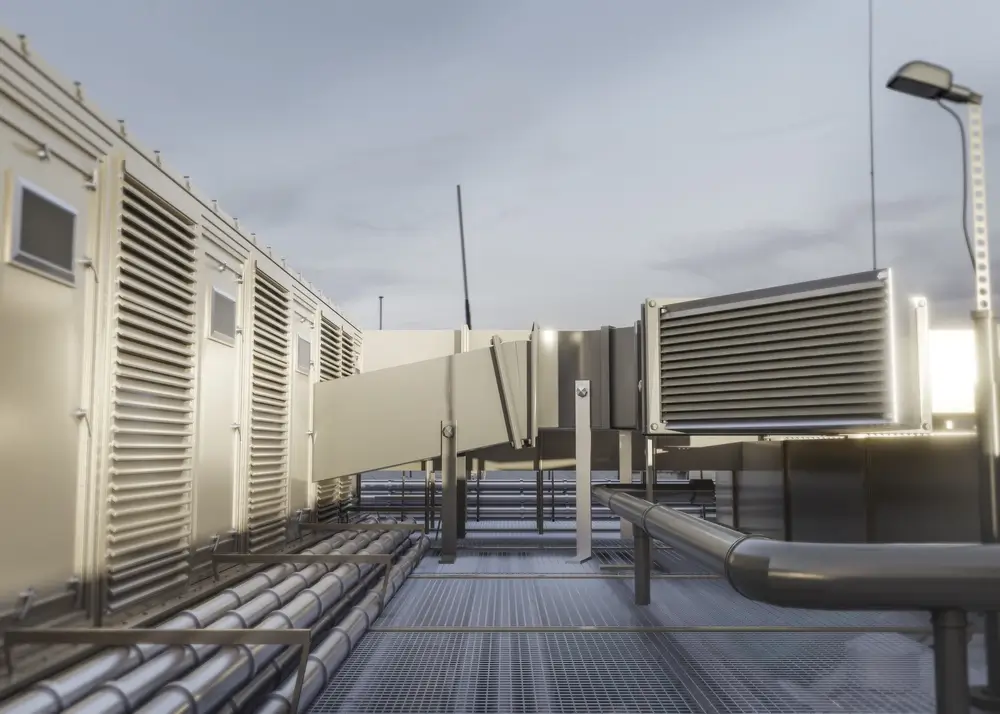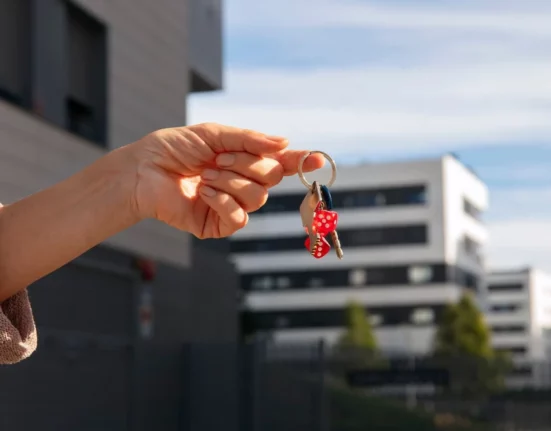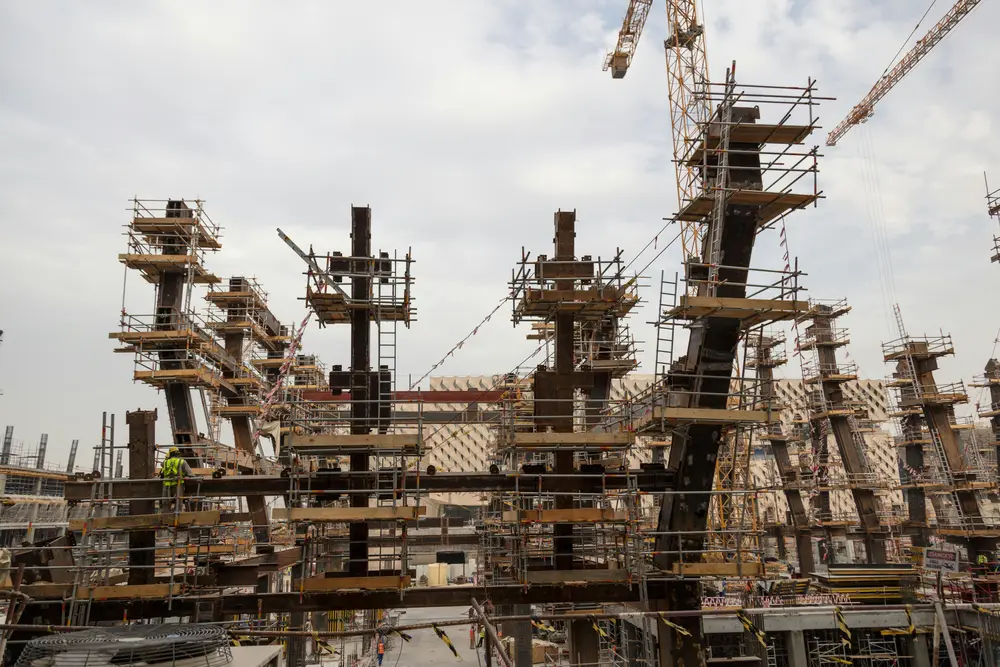It is common these days to call handyman services for fixing HVAC (Heating, Ventilation and Air Conditioning) and other household appliances. Whenever the air conditioner is not working or the water heater is out of order, I try to find the best handyman services near me.
But when it comes to HVAC, there are many terminologies I am not familiar with. And I am sure that most of the audience would also not know about these terminologies.
As a result, we are unable to answer the essential questions when the representative of handyman services shows up. We just start rambling and the representative has to work more to get the answers himself. So I thought it would be helping to share the glossary.
Here are the ten HVAC terms we all must understand.
However, which terms are important for you and which are not heavily depends on the type of air conditioner you use. There are several terms which are not important for you if you are using a split system. They would be important if you use a central heating system.
1. AFUE
To get the AFUE we find out the ratio of useful energy output to energy input and express it as a percentage. If the AFUE of a natural gas furnace is 90%, it means that it outputs 90 British Thermal Units (BTUs) of useful heating for every 100 BTUs of natural gas input. The higher AFUE means higher efficiency.
2. BTU
It stands for British Thermal Units. The amount of heat required to raise 1 pound of water by 1 degree Fahrenheit, makes the single BTU. This provides useful insights about how powerful your boiler is and how well it operates. The higher BTU is the sign of greater heating capacity.
Often handyman services ask about the units and people can not answer. It is very important to understand the units.
3. Coil
In the outdoor unit, the HVAC system uses a condenser coil and an evaporator coil in the indoor unit. Both of these coils use heat transfer to change the temperature of the air.
4. Compressor
Again an important terminology of HVAC. Many problems are the product of faulty compressors. The compressor’s function is to circulate and raise the pressure of the refrigerant in your system.
The compressor is located within the outside condenser unit, in the central AC system.
5. Ductwork
If your home has a central heating system, this is the key part. Ductwork is the system of metal or synthetic tubes that pass air through your home from your forced hot air and central AC system. It is imperative to maintain your ducts, which is definitely not possible without knowing them.
6. Energy Efficiency Ratio
Another important unit of the HVAC systems. This is abbreviated as EER, and the handyman services representative may ask you about it. The higher EER is the sign of an efficient HVAC system.
Energy Efficiency ratio is basically the ratio of your AC system’s cooling capacity (in British thermal units or BTUs) per hour to the power input in watts.
7. Thermostat
A very important term for split systems.
This is basically a temperature-control device. It monitors and regulates a heating or cooling system. Thermostat lets you set the desired temperature at which it keeps the environment either heated or cooled.
Once the representative of handyman services near me said that one of the earliest examples of thermostat technology is attributed to Dutch innovator Cornelis Dribble. Around 1620, he invented the first mercury thermostat. This very thermostat was created to regulate the temperature of a chicken incubator.
Air Conditioner or AC is one of the most common household devices in Pakistan. In summers, when the temperature goes above 40, AC usage dramatically increases in the offices and homes.
It is also important to understand the basic definition. This is an appliance or machine used to extract heat and dehumidify the room or building.
The Last Words
Yes, you can easily find good handyman services to fix your HVAC system. Still, it is good to have basic knowledge. At least, you should know which type of HVAC system is installed in your house and what are the basic terminologies related to it.






